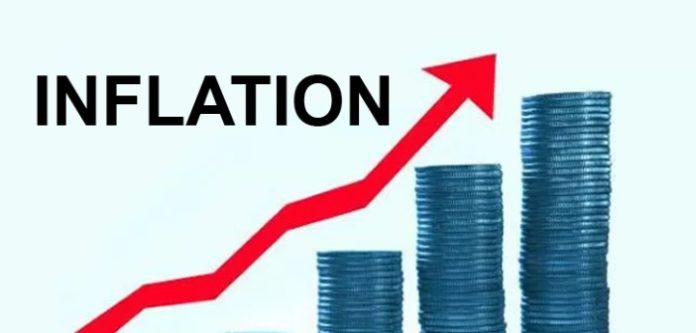The Ministry of Food and Agriculture says, although it is concerned about the high cost of food prices, little can be done from its end to tackle the situation.
It attributes the increases to factors beyond its control, such as fertilizer supply, cost of agricultural inputs, and transportation cost, among others.
Food prices in the country continue to soar, raising concerns about the government’s failed interventions in that regard.
“The increase in the prices of foodstuff depends on a number of factors that we do not have control over”, says Bagbara Tanko, Public Relations Officer of the Ministry.
The latest data from the Ghana Statistical Service’s (GSS) Consumer Price Index (CPI) shows that while food and non-alcoholic beverages inflation was 26.6%, that of non-food inflation stood at 21.3%.
April 2022’s food inflation of 26.6% is higher than both food inflation for March 2022 (22.4%) and the average of the previous 12 months (13.5%).
Bagbara Tanko maintains that the government’s agricultural programs such as the Planting for Food and Jobs had made a “great impact” in ensuring a sufficient and stable food supply.
“Our concern as a Ministry is that, is there food available in the market? Which is yes, but with the increases in prices, it is absolutely difficult for us as a Ministry to control”, he emphasized.
But what accounts for high food prices that the Agriculture Ministry cannot handle?
“Factors such as the cost of inputs and fuel, the global effect of COVID-19 affected the supply of fertilizer, and so if the cost of production increases for the farmer and the quantity of fertilizer to be obtained even under the subsidized program [is affected] and the cost of input is high, then definitely, the farmer should at least be breaking even. The most painful thing is that most middlemen go to the farm gates for the cheaper prices, and they would have to transport them to the market centers”, Bagbara Tanko added.
Warning from farmers
The Peasant Farmers Association of Ghana has said despite the impact of the Russia –Ukraine war on the global food value chain, the current situation being faced by farmers also reflects a failure of agricultural policies under the Akufo-Addo Administration, particularly the Planting for Food and Jobs (PFJ) Programme.
Programmes Officer of the association, Bismark Owusu Nortey, said this was expected, as the association had earlier sounded the alarm.
“The hikes in food prices we are recording now can be traced back to 2021. In 2021, we drew the government’s attention to the challenges we were facing with food production. Around May last year, we struggled with access to fertilizer. We sounded the alarm of a possible food shortage, but as usual, the government challenged us and swept the matter under the carpet.”
He warned that the situation may worsen if the government continues to “sit unconcerned”.
He called on the government to implement policies that will avert the situation and ensure a boost in the production of food this year.
“The bad news I have is that the situation might worsen. The factors we pointed out last year have multiplied now. If nothing is done about the situation, the prices of food may skyrocket by the close of the year.”







